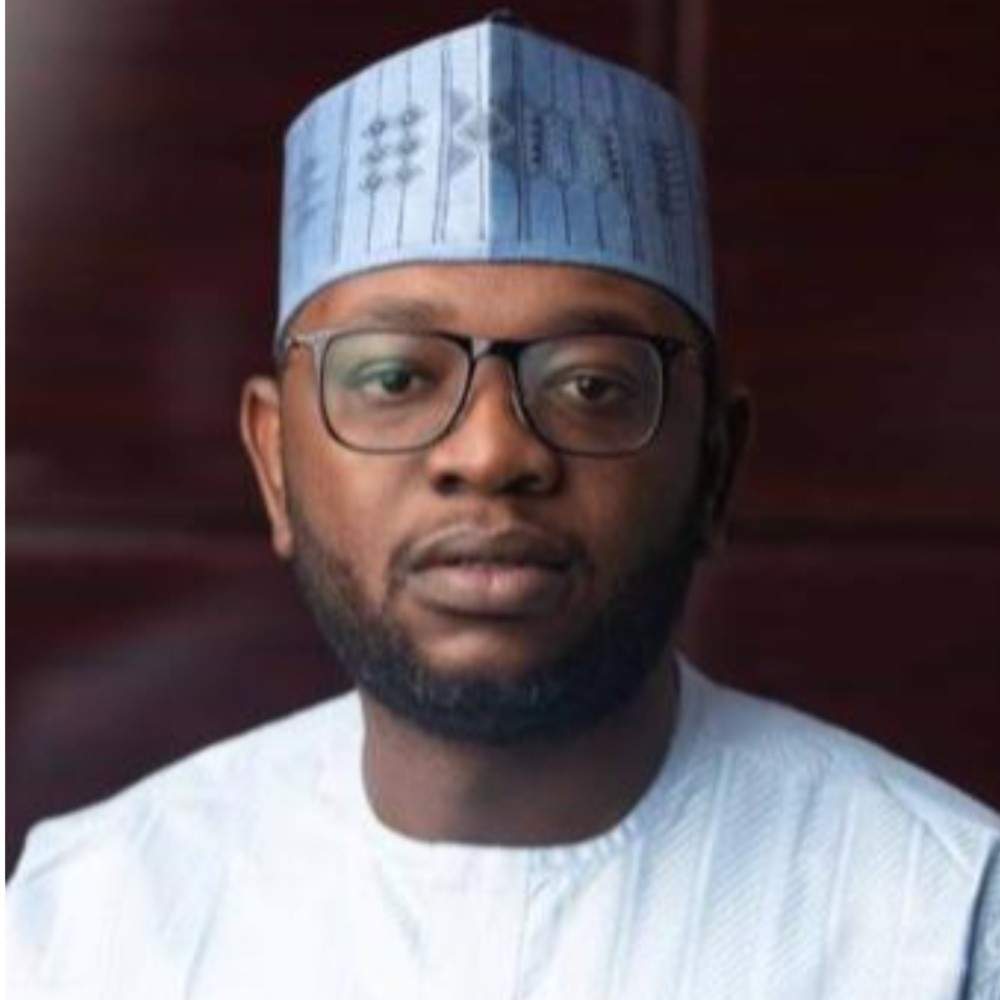In a significant development, Unar Hashidu has taken the reins as the Chief Executive Officer of the Kaduna Electricity Distribution Company (KAEDC) amidst the company’s staggering N110 billion debt burden owed to the Nigerian Electricity Supply Industry (NESI).
This transition was officially confirmed on Monday, with the KAEDC’s Head of Corporate Communication, Abdulazeez Abdullah, releasing a statement to this effect. The handover ceremony was presided over by Dafe Akpedeye, Commissioner for Legal Licencing and Compliance at the Nigerian Electricity Regulatory Commission (NERC).
Hashidu’s appointment follows the resignation of Yusuf Usman Yahaya, the former CEO. During the handover ceremony, Akpedeye urged Hashidu to leverage the available talent and resources to propel Kaduna Electric to new heights. In response, Hashidu called upon the staff to introspect and strive for excellence, underlining his unwavering confidence in the management’s capabilities.
It’s worth noting that KEDC had announced Yahaya’s departure as CEO on January 5, 2024, marking a pivotal moment in the company’s leadership.
Key Concern: Navigating Financial Turbulence
The new CEO’s assumption of office occurs at a critical juncture, with the company confronting a substantial financial challenge. The N110 billion debt burden has magnified the urgency for decisive strategies to stabilize the company’s financial standing and restore confidence within the industry.
Path Forward: Harnessing Talent and Resilience
As Hashidu steps into his new role, there is an opportunity for him to harness the wealth of talent within KAEDC and steer the company through these turbulent times. His call for introspection and a commitment to excellence signals a proactive approach aimed at driving operational efficiency and fostering a culture of accountability.
Outlook and Expectations
The international community will be closely watching Hashidu’s leadership, particularly in the context of Africa’s burgeoning energy sector. As the global demand for sustainable and reliable energy sources continues to grow, the outcome of Hashidu’s stewardship at KAEDC will be of keen interest to stakeholders, investors, and industry observers worldwide.
In conclusion, Unar Hashidu’s assumption of the CEO position at KAEDC carries profound implications not only for the Nigerian energy landscape but also for the broader global energy narrative. The convergence of financial exigencies, leadership dynamics, and industry expectations sets the stage for a compelling saga, one that will be closely monitored on a global scale.
